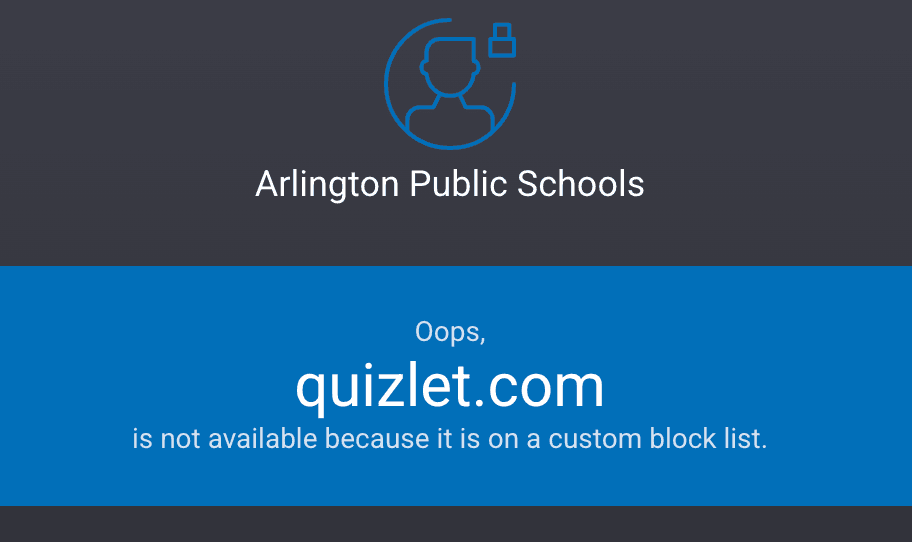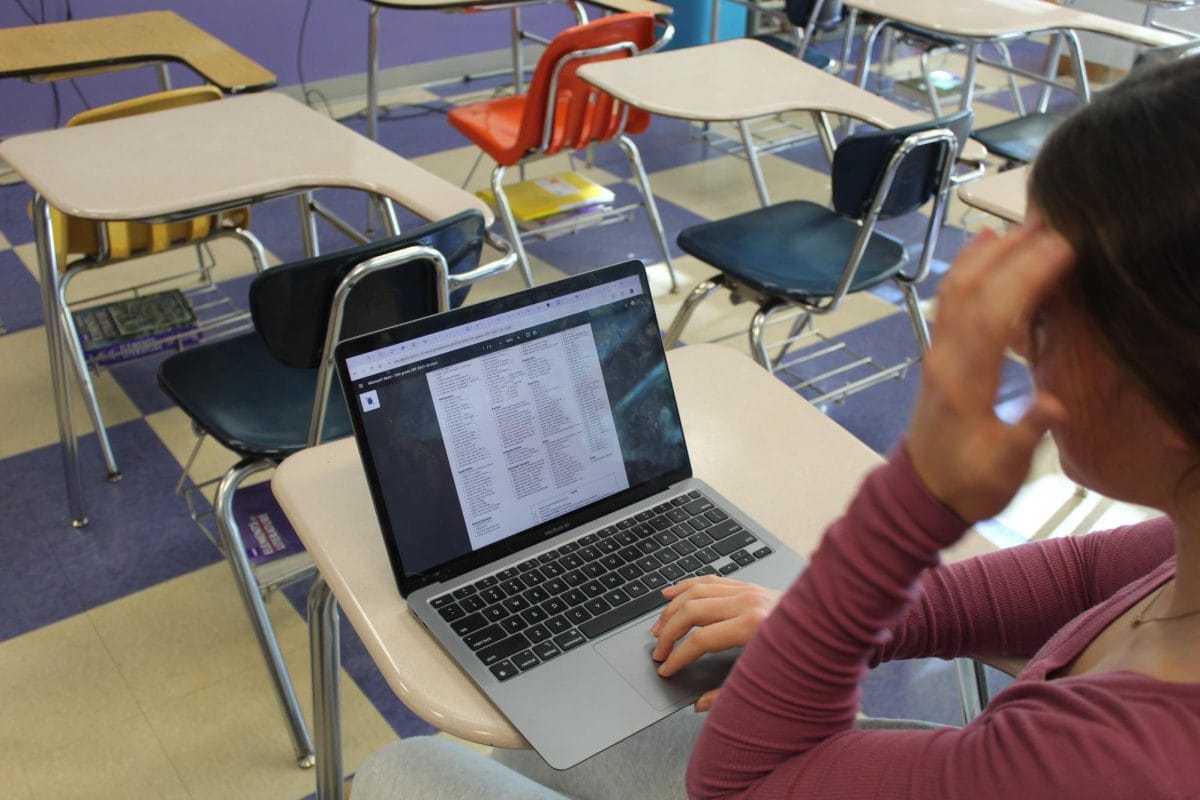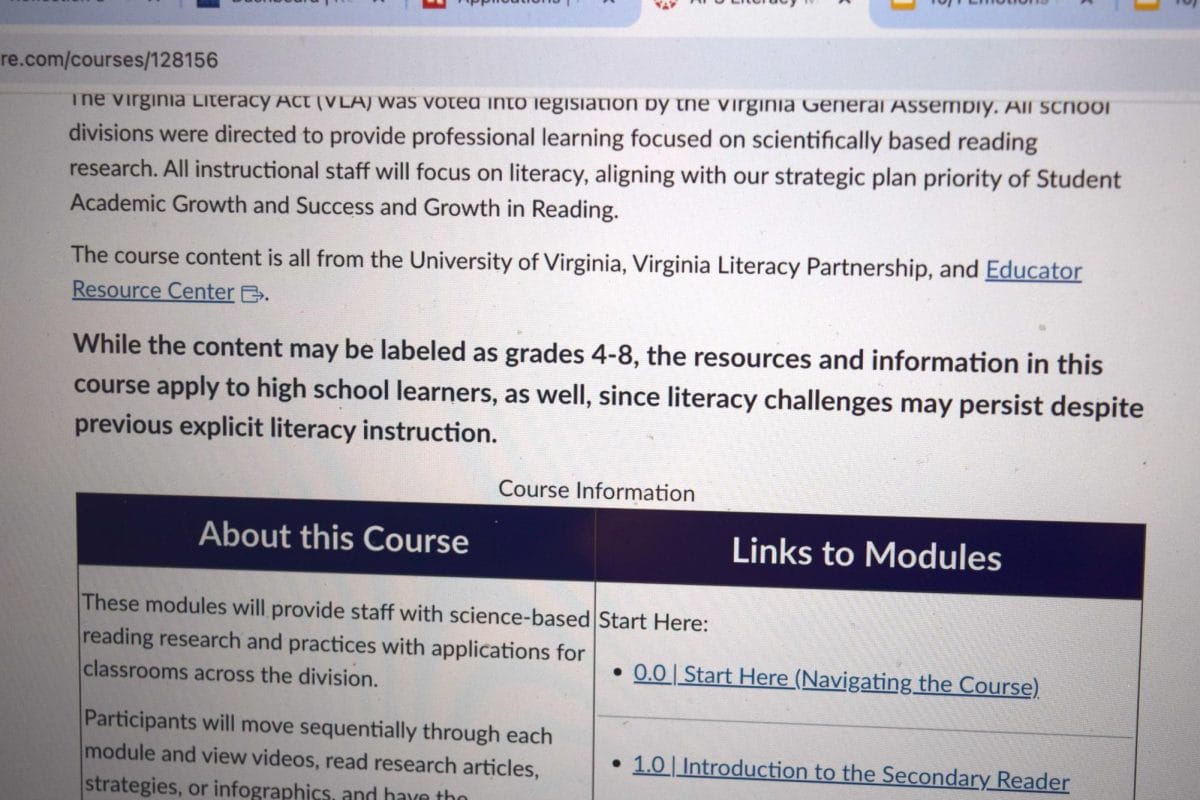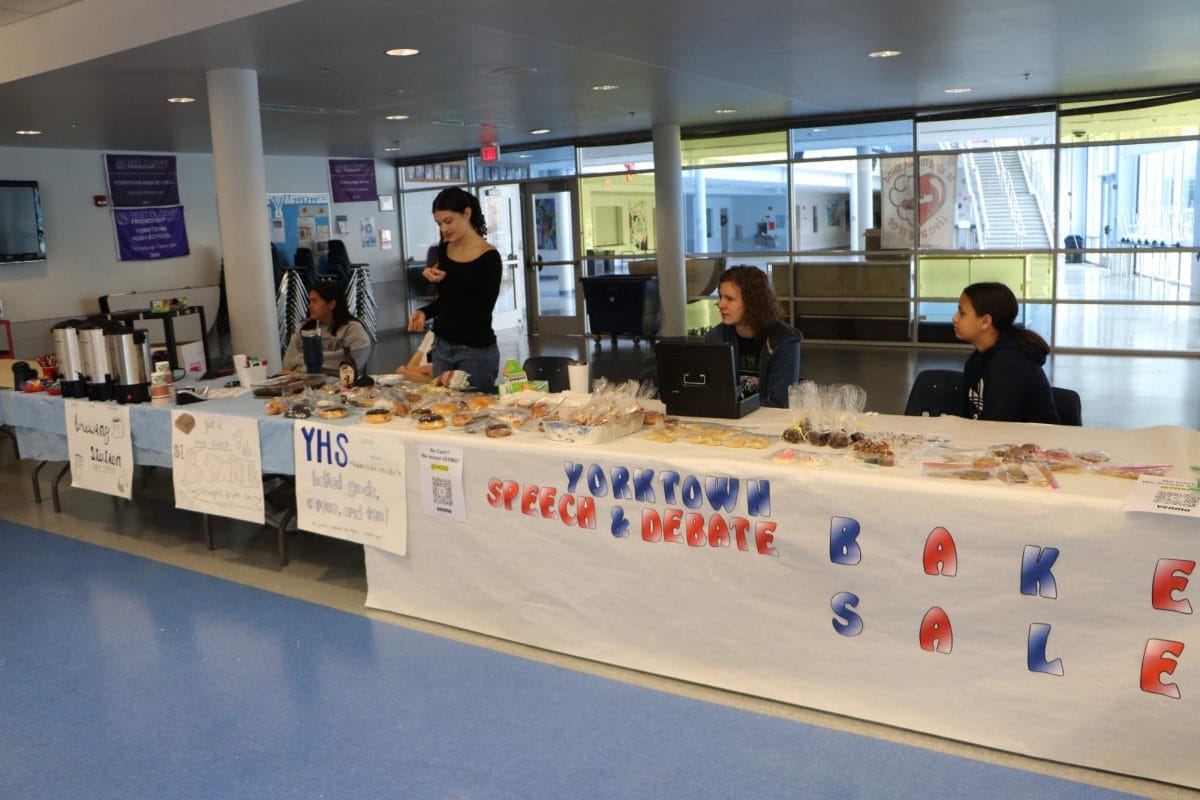As summer approaches and the school year comes to an end, all students are required to turn in their computers for re-imaging. For returning students, this is not anything out of the ordinary as it happens every year. The process includes wiping the memory and installing new programs, which basically cleans each computer to ensure that every students’ laptop is functioning correctly.
Although students do not usually mind the change that much, it comes at a very busy time this year. With exams only days away and final projects due this week, many students are worried that the re-imaging could affect studying and completing assignments. Even though the timing may seem unconventional, Sam Wightman, Instructional Technology Coordinator, attempted to get a decent date for the re-imaging of the laptops.
“[Principal Bridget] Loft and I fought very hard to make sure it didn’t interfere with an SOL, [SOL] retake or during the finals this year. We tried very hard to have it [at] an alternate time of the year: later on in the summer, in the fall or even earlier in the spring, but that was denied based on the timing of how Information Services was operating and the resources they had. It was a long battle, but we actually got [it] not during a testing or finals time frame,” Wightman said.
Students often wonder what exactly is being put on their devices. All of the data stored within the system is deleted with little to no explanation. Even with unauthorized programs downloaded by students, there are some files (documents, projects, etc.) on the laptops that students would prefer to be kept within the system’s storage.
The re-imaging process updates everything from the operating system to the instructional tools. It is also necessary that every student takes part in the re-imaging and turns in their computer or they will be locked out. This means that the laptop will not be able to function until the student turns in their device.
The decisions on what is added and updated in the software is made by Instructional Technology Coordinators and coordinators in the Department of Teaching and Learning of Arlington Public Schools (APS).
Funded by the county, the process does not cost the school any extra expenses. According to Wightman, APS pays for subscriptions to programs like Microsoft Word and Powerpoint. With the re-imaging, APS simply ensures everything is functioning and up-to-date.
The main issue with the Macbooks among students is Globalprotect, a program that helps monitor and control students’ internet activity. Globalprotect has caused internet and laptop problems for a plethora of students throughout the year, and it seems most students dislike the program. As its purpose is to streamline laptops as an instructional tool, Globalprotect is not being removed.
Re-imaging the computers is a quick process that cleans up software throughout each student’s computer and makes sure that they are being used as proper educational tools. As the re-imaging process starts June 5, students should make sure to turn in their laptops so they update the software and do not get locked out.













































